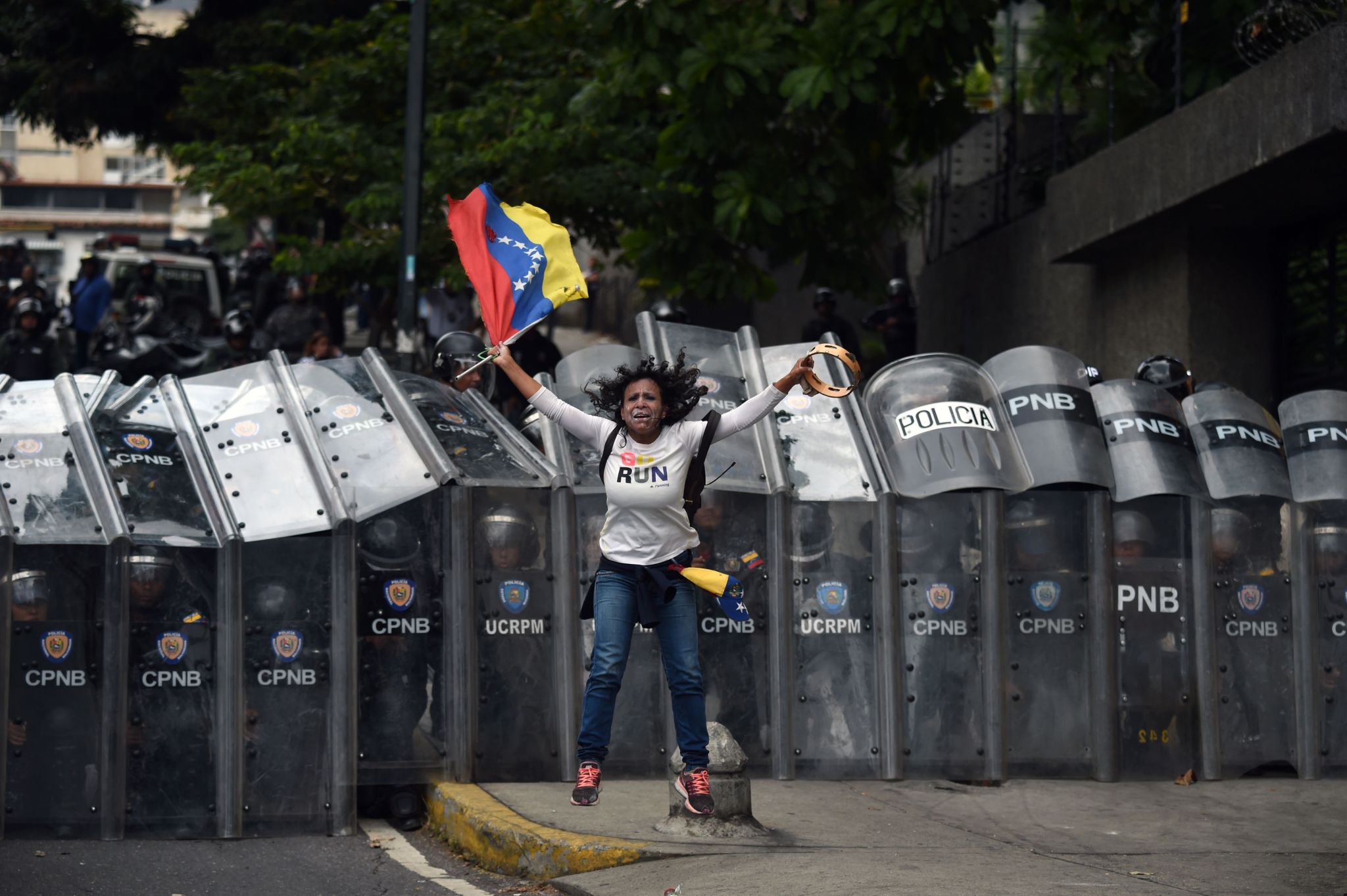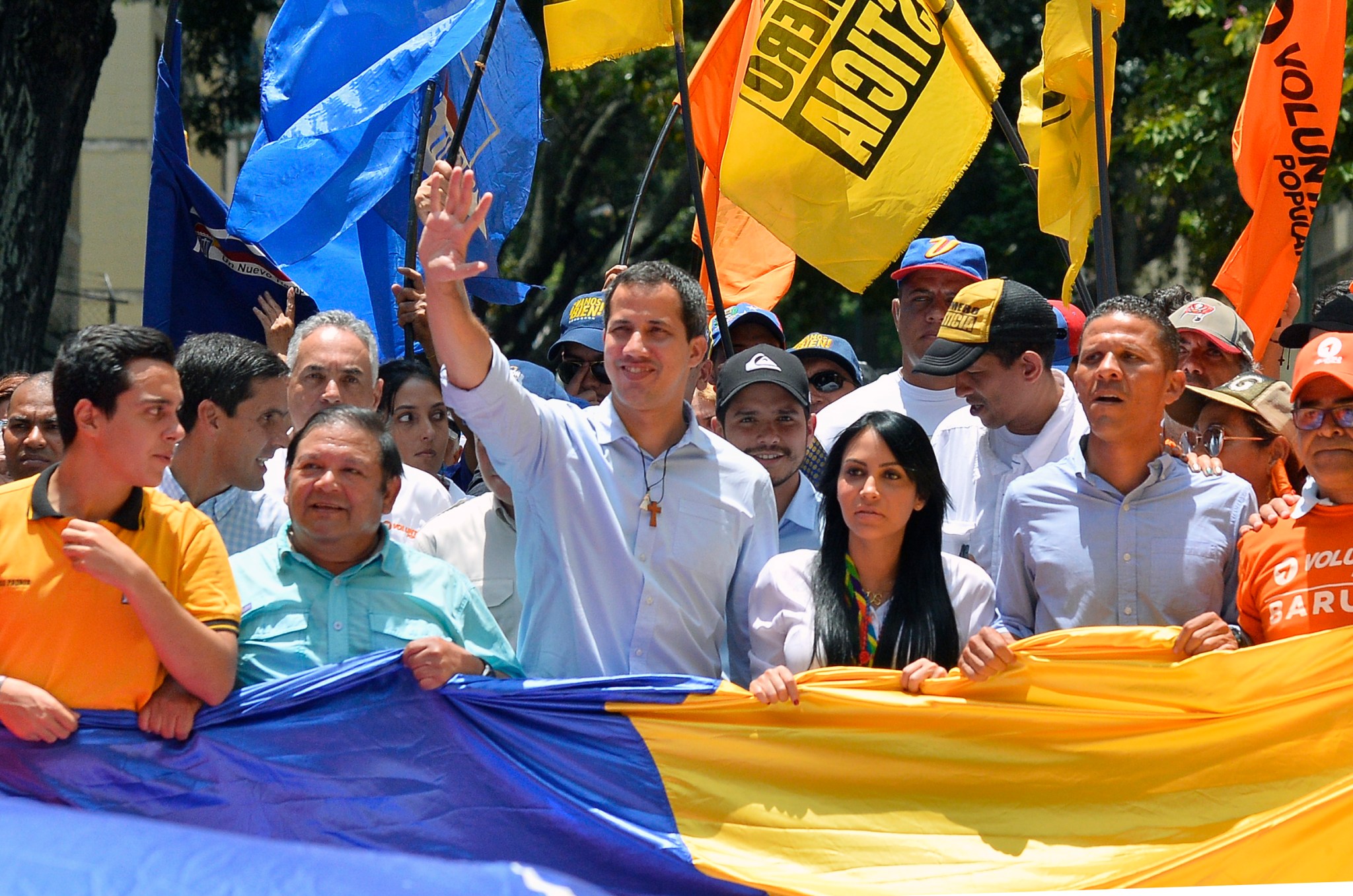A Political Solution to the Crisis in Venezuela Needs to Include Women

On International Women’s Day, the International Republican Institute (IRI) is shining a spotlight on the disproportionate impact of the ongoing socio-economic and humanitarian crises in Venezuela on women. Compounded by the COVID-19 pandemic, the crises have widened the existing gender inequality gap in the country, making women more vulnerable financially, socially, and politically. Along with cultural barriers, this has limited the ability for women to participate in decision-making processes at the local and national level. Without women at the table, a critical perspective is lost.
In 2021, Venezuela ranked 91 out of 156 countries on the Gender Gap Index in terms of economic participation and opportunity. Most women in the country are unable to participate in the formal economy because they lack access to education or work experience. They are also expected to take primary responsibility for domestic and care work, forcing some of them to spend over 10 hours a day queuing for food and caring for family members. These economic and cultural barriers constrain women’s autonomy and influence in public life. It also puts women at a higher risk of gender-based violence, human trafficking, and smuggling.
Since 2018, the Nicolás Maduro regime officials have provided figures measuring women’s issues verbally rather than through evidence-based written reports. Women rights’ activists find this problematic since the method of data collection is not shared, the announcement of findings is not regular, and the few numbers reported vary significantly from those captured by civil society and non-governmental organizations. Despite these limitations, a report in 2019 revealed that although women have equal access to education, they leave educational institutions at a higher rate than men. Their report stated that 61 percent of women between the ages of 17 and 24 were not taking classes, and of this group 21 percent said they left their studies due to pregnancy and/or to attend to housework. In addition, another report in 2019 detailed how the already collapsing public health system has disproportionally impacted women, limiting their access to maternal health and sexual and reproductive services. The pandemic has only aggravated this situation.
Although the Hugo Chávez and Maduro regimes deemed themselves “feminist,” and developed laws and programs that enhanced women’s rights, their actions never led to real equality between women and men in Venezuela. In fact, rates measuring women’s political participation and economic independence did not change in the country after 1999, while the region’s rates improved. Women are chronically underrepresented in Venezuela’s political stage, both within pro-regime “Chavismo” forces and the democratic opposition.

Even though women tend to be very politically active at the local level, comprising 72 percent of local community councils, they are often restricted to local and/or subordinate positions. Meanwhile, men are frequently appointed or voted into higher office—only 32 female deputies out of 167 total representatives (19 percent) were elected in the last democratic elections for the National Assembly in 2015. The threat of targeted political violence also inhibits women’s equal representation and participation in politics. Women leaders who are deemed threats to the Maduro regime may find themselves subject to sexual violence, humiliation, and torture by security forces.
Low representation, combined with damaging stereotypes, is representative of women’s exclusion from decision-making positions at all levels. However, evidence shows that when women are included in transition processes, agreements are 35 percent more likely to last at least 15 years. Without the perspective of women, reconstruction plans will fail to address the demands of its female population. Therefore, it is imperative to promote the political participation of women in Venezuela, where a variety of democratic actors are hustling to achieve a peaceful and political solution to compounding socio-economic and humanitarian crises.
As demonstrated with IRI’s programming to strengthen peace and security policies in Colombia, empowering women leaders to engage in open dialogue with community members and elected officials about their needs and priorities allows for more gender-responsive planning and policy. Venezuela and the international community must learn from these successes and prioritize a gender lens when looking for a solution.
Top